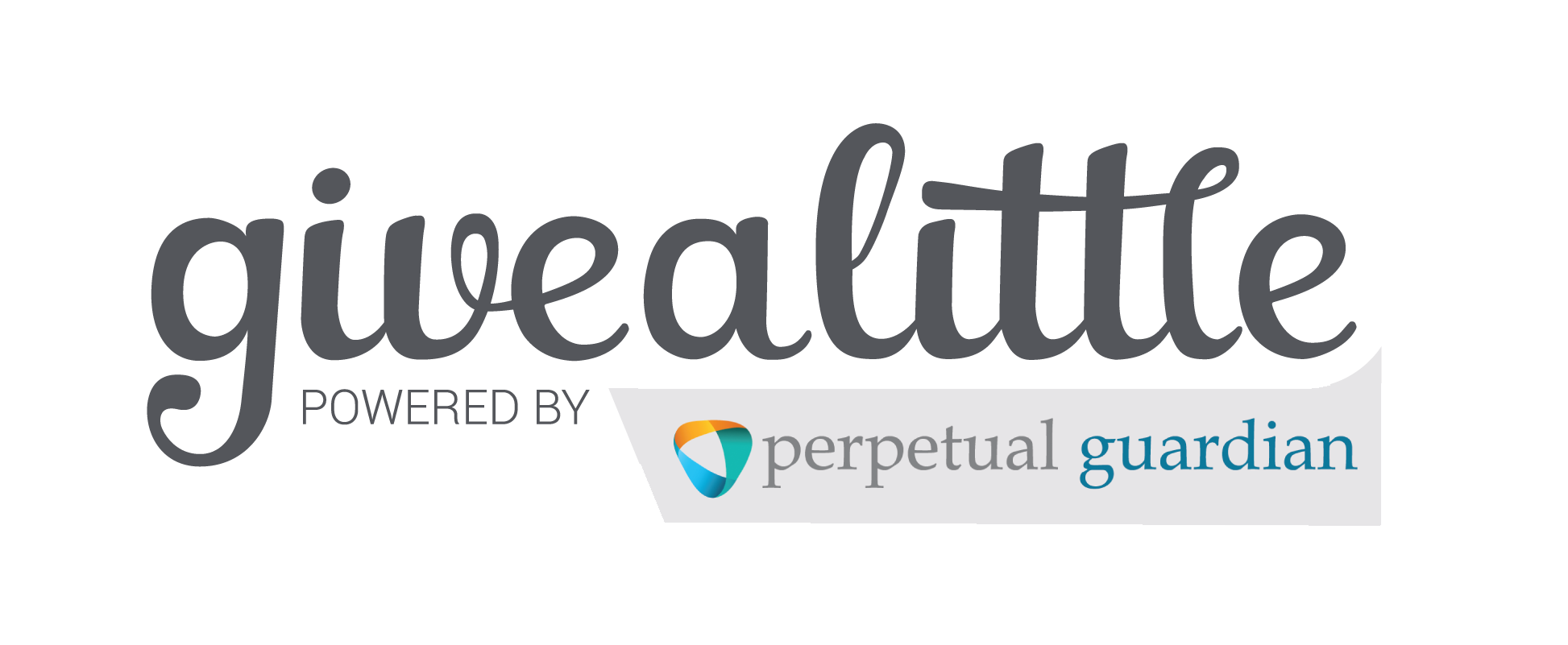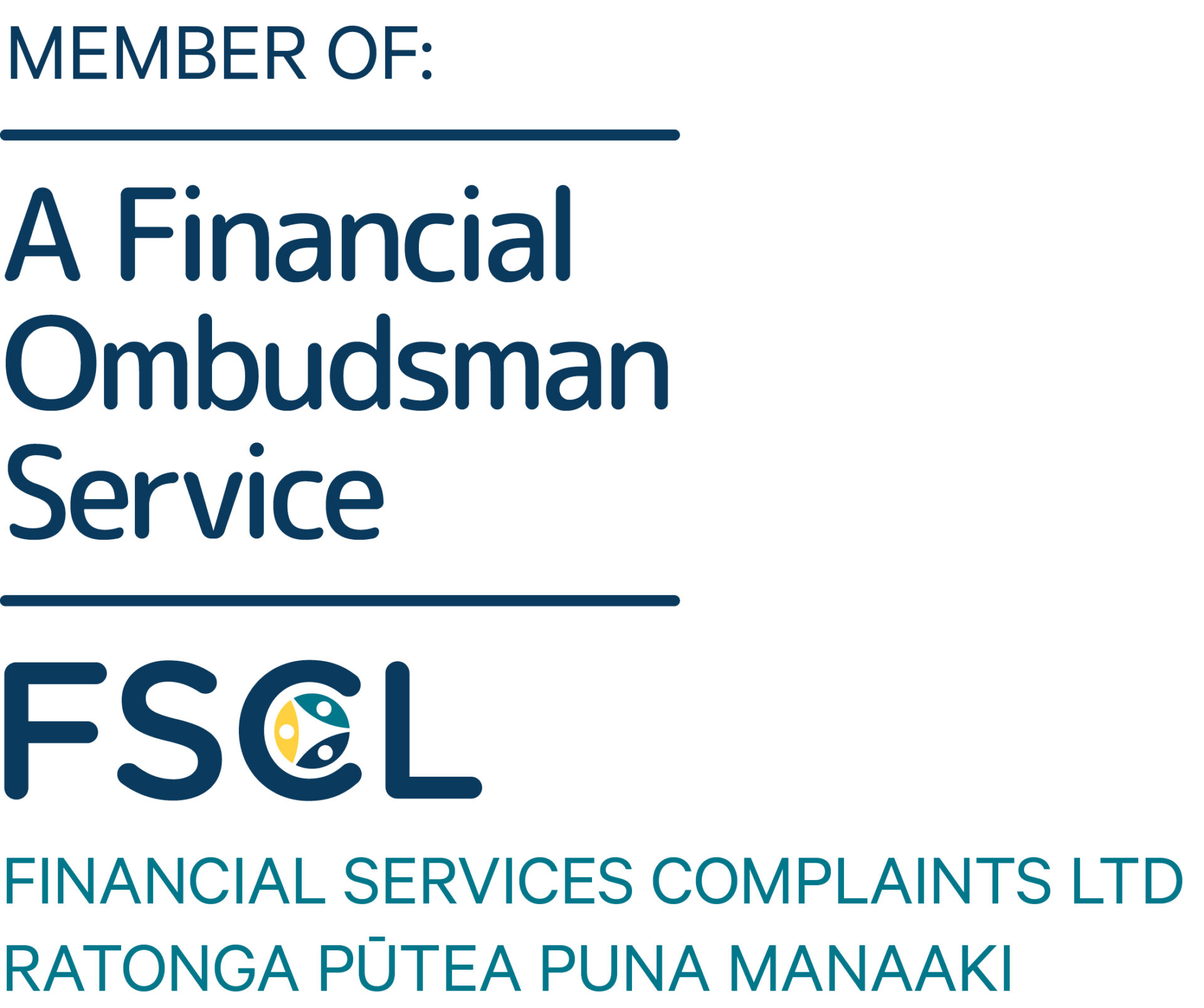This article was originally written and published by Openly Investing.
“Care shouldn’t start in the emergency room” – James Douglas
As we start the week, I feel it appropriate to reflect on the rapidly evolving situation confronting the worlds’ nations. This is important! All too often, in times of stress, our thinking can become confused and we can behave differently, irrationally and often to our detriment. Indeed, when the noise becomes deafening – and we are at that point – clarity of thought is even more important. So too is reading the detail, not just of the slew of company announcements but the detail in reports surrounding the challenge we now have before us in COVID-19. It is all too easy to simply take the headline soundbites and read our own bias into them (this is called confirmation bias) or worse, the bias of others without considering our own situation and beliefs.
In times of market volatility, at the behest of impending/real recessions or other extreme situations, investors are sometimes quick to jump to soundbites and confirmation bias and do not spend enough time digging at the roots for answers. In part, this is most likely the fear of inaction but whatever drives it, if ideas are not thought through, one is setting the stage for failure.
New Year 2020 started well but as we have progressed through the first three months events have taken on a life of their own. For whatever reason, whether it be misinformation, complacency, delayed actions or the 14 day incubation period, it is clear the impact of COVID-19 on the global economy is far bigger than anyone had first thought. How we have morphed from relative calm to where we are now will become textbook writings in due course but however it looks at the end, we need to take stock of how we are positioned now and the path that we may be treading tomorrow.
What we know with certainty is that the environment is rapidly changing and that we are not in control of the route to the final destination but what we are in charge of is how we are positioned to weather the storm. Of course, hindsight is a wonderful thing, but we also need to be mindful that debating what could have been ‘if only’ is folly. What we need to do is attempt to steer the rough seas and keep an eye firmly on the horizon and not what is hitting the bow now.
It is important to remember that since the end of the Global Financial Crisis, investors have largely enjoyed 11 years of positive returns and recent events are ‘giving back’ some of this bonanza period. This period is not without precedent either with many instances of economic prosperity being longer still. However, more recently, the peaks and troughs have been far shorter than this, but it appears many an investor has a short memory – that is prices can go down as well as up. This is normal!
Since being discovered in Wuhan, China at the end of 2019, COVID-19 has upset the economic cycle in an unprecedented way. It has forced governments to close borders and restrict the movement of people, closed manufacturing, disrupted supply chains, grounded fleets of aircraft and instilled fear. Whether this fear is rational or not is unimportant, people’s reality is specific to them. It is this latter point that is driving behaviour and I am sure you, like me, have witnessed the changing behaviour. Supermarket shelves are being emptied, restaurants are not busy or not open, travel plans – whether forced or not – are being altered or cancelled altogether.
Whether the ultimate threat is real or not, fear has the power to feed on itself and it is powerful given our inherent need to survive. Whilst 100,000’s of years ago this was helpful in the fight or flight for survival, in today’s world of social media and – in my opinion at least – our over-regulated and mollycoddled world, it is not.
As I have mentioned previously, uncertainty and fear are not an investors friend and the heightened sense of insecurity is painfully clear for all to see. I will not attempt to put cause and effect in order here but the dislocation in the business environment has ultimately led to a crisis in liquidity. Liquidity, or the velocity and accessibility of money, is a critical component of economic growth and well-being. Think about it, you supply services to a company either as an employee or perhaps in some other capacity. In exchange for these services, one expects to be paid, but what happens if you aren’t? You have obligations to other people, whether it be your electricity provider or for buying food (or toilet paper) at the supermarket. What if you do not have the money to do this? And so, it goes on. In economic terms, this is called the multiplier effect, but that is a topic for another day.
The response to the virus has been unprecedented, although in some instances a faster response would have been desirable. Governments have a duty to their citizens and their prosperity, and it is this duty that we are witnessing now despite the knowledge that it will disrupt businesses.
New Zealand is often at the forefront of responses to extreme situations and is sometimes innovative in its approach. This time around, the UK led with a significant response to the threat posed by COVID-19 in its delayed budget on March 11th. New Zealand has now followed suit having announced its own stimulus package which, as a percentage of GDP is far larger than its peers. Estimates have the stimulus package here at approximately 4% of GDP whereas the aforementioned package in the UK is a little over 1%. New Zealand’s finances are in good shape and readily able to afford such a sizeable stimulus. Others are less fortunate. European economies were still growing at a slow pace compared to the rest of the world and they have debt levels as a percentage of GDP well in excess of New Zealand. This in effect hampers efforts there, however, the G7 countries of Canada, France, Germany, Italy, Japan, United Kingdom and the United States have vowed to do ‘whatever it takes’.
As with the UK, the New Zealand government has opted for a fiscal package that is able to directly – and relatively quickly – assist the economy and has steered away from cutting income tax. Whilst many may have preferred a reduction in income tax, even if it is for the short-term, its effectiveness relies on people spending the additional money in their pocket. In normal times, this may well work, but its effect is slow to benefit, and we are far from living in normal times. Given the fear, I suspect this money would be hoarded or used to pay off debt rather than be spent in the shops and bars as is intended.
The New Zealand government has introduced a range of different initiatives to support the virus affected economy – increase healthcare spending, aviation support, business tax incentives and self-isolation support to name a few. In total, the package is estimated at NZD 12.1bn, however, this figure is likely inflated by items that were already in the pipeline. No matter which, the response is welcome and will be brought to bear relatively quickly over the next few months.
Whilst I would anticipate this will help the economy enormously, the package will not be able to offset a significant decline in GDP caused by the virus. Last weekend (14/15th March) New Zealand effectively closed its borders to travel by insisting that travellers entering New Zealand would need to isolate themselves for two weeks. This will no doubt have led to a further and significant reduction in tourism here and not welcome to the businesses or airlines that tourism supports. There is no doubt the decision was brave given the government knew in advance that taking this action would further suppress the very economic activity that it wishes to promote. The expression here is ‘between a rock and a hard place’.
This is a start and not the end of government support, and I have confidence that further announcements to aid embattled economies both here and elsewhere will be made in due course as we steer a path through these uncertain times.
In earlier writings, I stated that we will see negative growth in the first quarter of 2020 and I also believe that will be the case in at least the second quarter too. But this is not a New Zealand phenomenon, it will be the same everywhere. It is hard to overestimate the raw impact on activity here with all manner of businesses negatively and significantly impacted. Transportation, whether it is airline, ship, rail or taxis will all be having a difficult time given the broken supply chain and lower goods and services flowing around the numerous trade routes that represent our import and export markets.
To give some scale to the issues surrounding trade, I will site some information I read recently regarding California’s Long Beach port. In 2019, the port handled $38bn of Chinese goods but that this number has more than halved. In Los Angeles’ ports, they have seen ‘blank sailings’ – ships scheduled to arrive that never finished their journeys.
Banking is affected too with lower demand for loans, lower interest rates and, although yet to be seen, an increase in bad and doubtful debt provisions. Airlines will need to be supported by governments around the world and here, in New Zealand, an initial $600m package to do just that forms part of the stimulus package.
It is hard to envisage a business that is not being affected in some manner and it is for this reason the stimulus package is designed to support both individuals and businesses alike. But more will need to be done.
As the rise in the number of cases continues – especially in Europe, with Italy particularly hit hard – it is clear to me that the disruption will continue far longer than I would have thought a few weeks, if not days ago. Whilst the pace of new illnesses in China appears to have slowed significantly elsewhere the rate of increase has accelerated. In part, this is the result of a somewhat delayed response by western countries when compared to the Chinese shutdown, but they are catching up. Even the flow between European countries has been tightened up and the effect on labour migration and good and services will be significant.
To this end, I believe we will not see a normalisation in economic activity until the end of the year and perhaps early next year and even that view is subject to change on almost an hourly basis. Suffice to say, the gradient of recovery will be shallow as shaken confidence will take time to return which will ultimately drive increased demand.
I admit this all sounds rather bleak and it is certainly sobering to deliberate and put to paper. However, the very real threat from the virus is being vigorously addressed by not only governments but the central banks too. The response is becoming more unified and aggressive even though this comes at an economic cost.
Looking at investment assets, we have already seen some significant moves in prices across the world and here at home. What is very clear is that we are in a period of volatility that we have not witnessed since the days of the Global Financial Crisis (GFC) and I regret there will be more to come too as the COVID-19 story unfolds.
Already it is easy to lose sight of the fact that we have 11 years of up markets that have driven significant investment returns over that time. Indeed, including income, New Zealand has not had a down year for that entire time. Whilst the duration of prosperity seems long, it is not unprecedented, and the good days will come again. This is why investing is not a short term endeavour. As with KiwiSaver balances, they will have declined a great deal, but these are 40+ year investments and there will be lean times like now.
As I have mentioned previously, investment returns are based on fundamentals. These fundamentals are health in the economy, profitability, income, inflation and a strong dose of investor sentiment to name but a few. Looking at that list, it is not hard to put a metaphoric ‘tick’ or ‘cross’ next to each to gauge what our realistic expectations should be. But asset prices have corrected significantly already and certainly reflect some of the malaise we currently face. I can say this with some certainty as equity and fixed income markets discount the future and are not overly concerned with the now. Put differently, as an investor, what is happening now is being assessed for its impact on profits down the road, not today.
To summarise my thoughts here, since my last update #2, it is clear that the situation both here and abroad has deteriorated further and that we are a passenger on a freight train moving at speed. We are a slave to the news headlines and the policy response from central banks, governments and regulators.
I have deliberately stayed away from using numbers in this update given they fall out of date no sooner than I type them. Instead I believe it more important to indicate the scale of the problem that we are facing and how it is affecting industries here and abroad and how in turn, that affects us as individuals.
Whilst I believe the situation will almost certainly deteriorate further, I also believe the measures taken will begin to slow the number of new COVID-19 cases. Recently the World Health Organisation (WHO) said the most effective weapon against the spread of the virus was the conducting of tests.
In Geneva, WHO’s Director-General, Tedros Adhanom Ghebreyesus, said, “We have a simple message to all countries – test, test, test.”
Will this work? One such instance of precisely this can be seen, of all places, in Italy. Italy, the worst-hit country in the European Union has seemingly won a small battle. Whether it endures will only be known in the fullness of time, but for now, the evidence appears to support the WHO’s stance. In the small Italian community of Vò – the centre of the country’s outbreak – an infection control experiment was conducted. This was the testing and retesting of all residents regardless of whether they were exhibiting symptoms or not. If they tested positive, they and their contacts were all quarantined. The effect of this, at least for now, is the Vò has no new reported cases of the illness.
Update #4 will follow shortly.
Tim Chesterfield
Chief Investment Officer Openly Investing Limited. 18 March 2020
DISCLAIMER
This document is provided for general information purposes only. The information is given in good faith and has been prepared from published information and other sources believed to be reliable, accurate and complete at the time of preparation, but its accuracy and completeness is not guaranteed. Information and any analysis, opinions or views contained herein reflect a judgement at the date of publication and are subject to change without notice. To the extent that any such information, analysis, opinions or views constitute advice, they do not take into account any person’s particular financial situation or goals and, accordingly, do not constitute personalised advice under the Financial Advisers Act 2008, nor do they constitute advice of a legal, tax, accounting or other nature to any persons. To the maximum extent permitted by law, no liability or responsibility is accepted for any loss or damage, direct or consequential, arising from or in connection with this policy or its contents.








